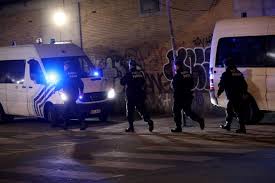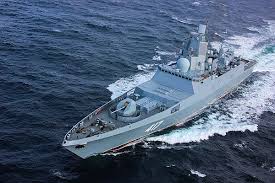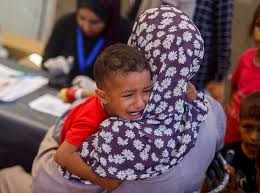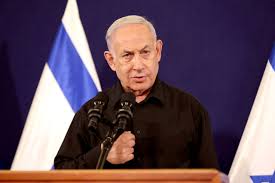F.P. Report
BRUSSELS: The EU foreign ministers at an informal meeting in Slovenia on Friday discussed the situation on the border with Belarus, confirmed that it was about artificially creating a crisis situation with migrants, EU diplomat Josep Borrell said at a press conference .
“Today, our agenda was too long, too long to cover all topics, because Afghanistan took a lot of time.”
“Nevertheless, we have had enough time to look at our relation with China, which is experiencing complicated times, notably due to the issues of Hong Kong and Xinjiang.”
The Ministers insisted on the idea that we need a pragmatic, realistic and coherent approach with China and that we need unity and a shared sense of responsibility. Also, we have to engage with China about Afghanistan. Competition, but also cooperation in trade and economic issues, are an important part of our relations with China.
After that, we had the pleasure to receive here – thanks to the initiative of the Slovenian presidency – my friend the Indian Foreign Minister [Subrahmanyam Jaishankar], with whom we had an exchange of views about what is happening in the Indo-Pacific region. Later this month, we are going to relaunch our work on this field, releasing a Joint Communication with the Commission on the Indo-Pacific Strategy. We shared with the Indian Minister our views about what is happening in this part of the world that is going to be the centre of gravity of the 21st century. The Indo-Pacific area, starting from India and finishing in California, is going to be the part of the world where history will be written.
“Afghanistan is also a place in which history is being written. We shared with our Indian colleague our concerns about the situation there, the way the Taliban are going to behave, the migration possibilities; all that.”
“Finally, under any other business, we had an important discussion related to the deterioration of the situation in Belarus. We had the opportunity to deplore that Lukashenko’s regime, cynically, has been using during this summer, migrants and refugees to artificially create pressure on our Eastern borders, because the Lithuanian and Polish borders are European borders. We said that when we had some migrant pressure on the Spanish border, we said ‘the Spanish border with Morocco is a European border’. Now it is time to say that the borders of Lithuania and Poland, on the Eastern part of Europe, are also the borders of Europe. The Ministers stand in solidarity with Lithuania, Latvia and Poland and we are ready to take all measures to support them if the situation continues deteriorating.”
About Afghanistan, I think that we already explained the conclusions, because there are no decisions, but conclusions from the High Representative about the discussion today.
From now on, the European External Action Service will have to work a lot, because we have been tasked by the Council to coordinate the contacts with the new government in Afghanistan, including with a joint European Union presence in Kabul, coordinated by the European External Action Service if the security conditions allow for it. From there, we should support the departure of European nationals that are still there and Afghans at risk that could be received in European Union Member States as decided by them. There are many. All Member States still have quite an important number of either nationals or Afghans that have been cooperating with them or that have been identified as people at risk.
The European External Action Service will be in charge of the coordination to try to bring these people out of Afghanistan, that – if the security conditions are met, I insist – will have an antenna in Kabul.
And the second task that the Ministers agreed is the engagement with the regional and relevant international partners in order to create a regional political platform of cooperation with Afghanistan’s neighbours to face, all together, the challenges created by the new situation.






